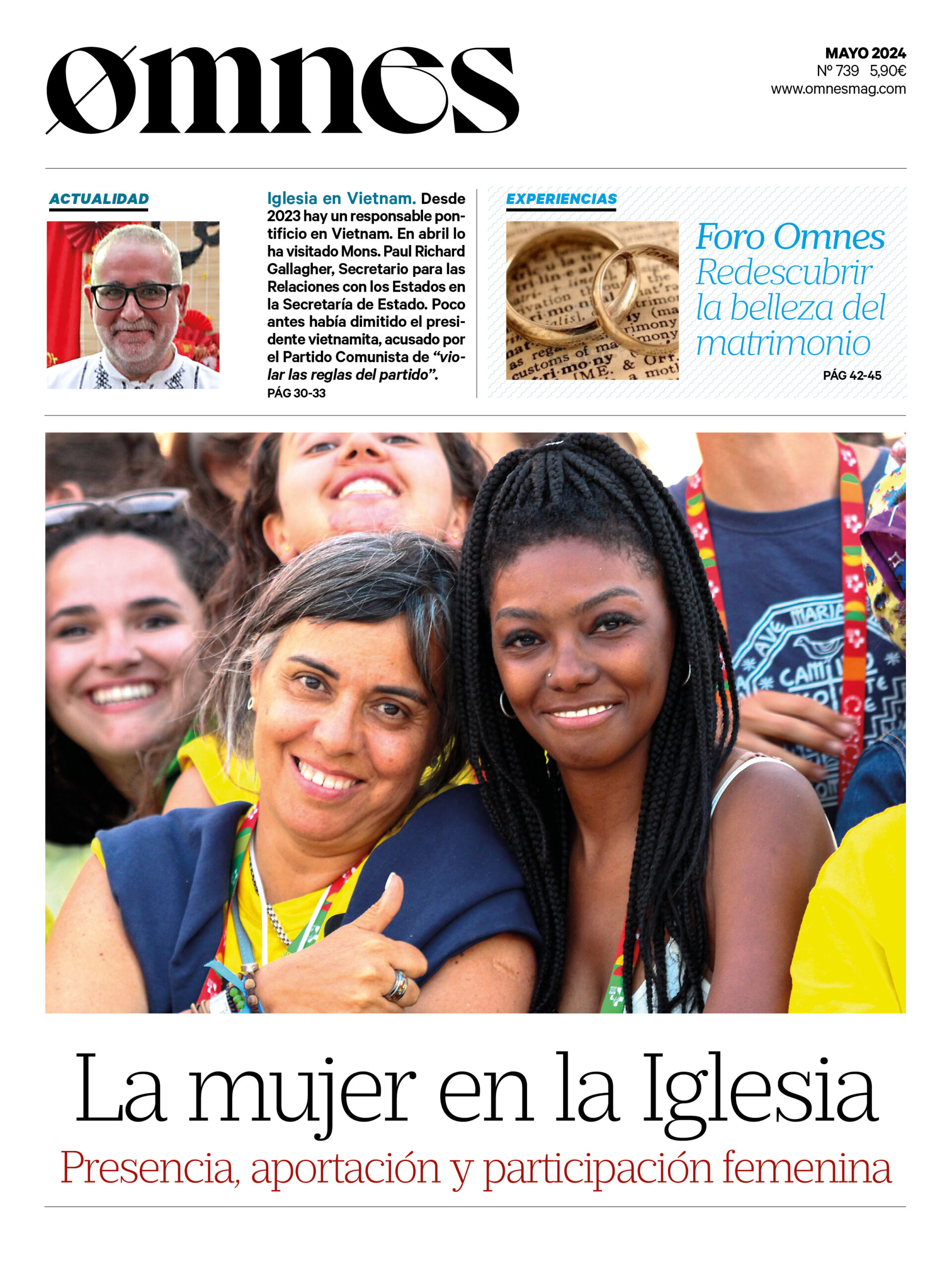"Fiducia supplicans"is the name of the Pastoral Declaration made public by the Holy See on December 18, 2023. Victor Manuel Fernandez is an ecclesiastic, prefect of the Dicastery for the Doctrine of the Faith, who emphasizes in it that this text was born from the frequent consultations received by the Dicastery in recent years on "the possibility of blessing couples in irregular situations and same-sex couples".
The text begins with an introduction defending a vision that coherently combines doctrinal and pastoral aspects. The document itself repeatedly emphasizes this pastoral and not doctrinal character, while recalling that the Church maintains unchanged the doctrine of marriage as "an exclusive, stable and indissoluble union between a man and a woman, naturally open to the begetting of children".
He also recalls the meaning of blessings, and, although he emphasizes that "when, with an appropriate liturgical rite, a blessing is invoked on some human relations, what is blessed must be able to correspond to the designs of God inscribed in Creation", in the following point he affirms that blessings cannot be reduced to this meaning, nor can one ask for them "the same moral conditions that are asked for the reception of the sacraments".
Historical-biblical tour
From this perspective, we must keep in mind that the focus of the document is to present a brief historical-biblical overview of blessings in our ecclesial tradition.
While it is true, as stated in the Presentation of the Declaration, "the Declaration has taken into consideration various questions that have come before this Dicastery both in past years and more recently", it is no less true that the document does not specify such "questions" or "Dubia".
However, from what is expressed in the third part of the Declaration, entitled "Blessings of couples in irregular situations and same-sex couples", we can intuit that the "Dubia" were aimed at seeking clarification on the possibility or not of blessing people who find themselves in some particular circumstances with respect to the moral teachings of the Church.
It should be noted that the first part of the Declaration, "Blessing in the Sacrament of Marriage," reiterates that one should avoid recognizing as marriage something that is not, such as "rites and prayers that may create confusion between what is constitutive of marriage, as 'an exclusive, stable and indissoluble union between a man and a woman, naturally open to the begetting of children'" (n. 4).
Non-ritual blessings
Moreover, it is recalled that "the Church has the right and the duty to avoid any kind of rite that could contradict this conviction or lead to any confusion" (n. 5), because, among other things, the blessing in the rite of marriage "is not just any blessing, but the gesture reserved to the ordained minister. In this case, the blessing of the ordained minister is directly connected to the specific union of a man and a woman who, with their consent, establish an exclusive and indissoluble covenant" (n. 6).
Considering the above, we can ask ourselves what are the blessings mentioned in the Declaration? Fiducia supplicans. In this regard, "the possibility of blessings of couples in irregular situations and of same-sex couples should not find any ritual fixation on the part of ecclesiastical authorities, so as not to produce confusion with the blessing proper to the sacrament of marriage" (n. 31). "For this reason, a ritual for the blessings of couples in an irregular situation should neither be promoted nor foreseen, but neither should the Church's closeness to every situation in which God's help is requested through a simple blessing be impeded or forbidden" (n. 38).
Blessing is not the same as marriage
It is important to keep in mind that, precisely because it is not a type of blessing that can be assimilated to the sacrament of marriage, the Declaration draws attention to the need to "avoid any form of confusion or scandal", to which end it indicates that the "blessing is never to be performed at the same time as the civil rites of union, nor even in connection with them. Not even with the garments, gestures or words proper to a marriage. The same applies when the blessing is requested by a same-sex couple" (n. 39).
It also indicates in which contexts the corresponding blessing can take place, such as "a visit to a shrine, an encounter with a priest, a prayer recited in a group or during a pilgrimage" (n. 40).
It is definitely a document that, as also stated in the Presentation, seeks to "offer a specific and innovative contribution to the pastoral meaning of blessings".
The present context imposes new challenges on us, one of which is awareness and education, first of all of pastors (cf. n. 35) and also of the laity, an education that must always be guided by the Holy Spirit, in fidelity to the Gospel and the Magisterium of the Church.












